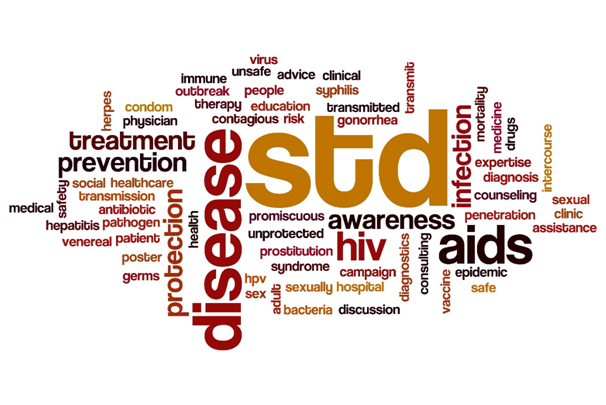Most information about safe sex is aimed at the younger generation but it’s an important message for people of all ages who are actively engaged in sex. Practising safe sex is about taking precautions to keep yourself well and healthy, both physically and mentally. The main situations you want to avoid are unplanned pregnancy and the transmission of sexually transmitted diseases.
Contraception isn’t difficult to use but it does take a little pre-planning. In the heat of the moment, it’s easy to overlook these measures so it’s always best to be prepared ahead of time. Ensuring you have birth control or contraception will require at least a visit to the GP or a trip to the chemist. If you’re entering a new relationship, plan to go out drinking and socialising or if you want to ensure you don’t get pregnant then taking care of such measures in advance is advisable.

Birth control can still leave you open to the risk of sexually transmitted infections. The only way to protect against this outcome is the use of condoms. Just because you use one, doesn’t mean you can’t use another method as well to add a further layer of protection against both pregnancy and infection. If you want sex to be relaxed and enjoyable, it will be even more so if you’re confident you’re doing it safely.
Learning about the potential risks of infections can be enough of a motivation to use a barrier during sex. Infections that are sexually transmitted include Herpes, HIV and Aids, Chlamydia, Gonorrhea, Urinary Tract Infections and Genital warts. The effects of these diseases can include pain, infertility and changes to your body. Now you can see how important it is to use a condom or femidom to prevent the possibility of such diseases coming into contact with your genitals or mouth.
If you think you may have come into very close physical contact with someone infected with an STI then you should seek the advice of your GP or family planning clinic. Many of these infections have no initial symptoms so it’s possible to go for long periods of time without realising you have one. If you’d rather check for possible infection at home, then think about looking into Home STI Kits. For more detailed information, visit bexley sexual health site

Although many infections have no initial symptoms, it’s possible to notice the following: a discoloured or unpleasant smelling discharge, burning whilst urinating, itching, pain during sex, bleeding or a rash. If you’re worried about anything that feels or looks unusual then order a test or visit your doctor. A nurse or doctor might want to visually check your genitals, gently check for discharge, painful areas or sores. They may want to take a swab for analysis from your urethra and a swab from any sores. A blood and urine test will also be asked for.
Try to avoid having sex until you either receive the all-clear or complete a treatment regime. Thankfully, most infections can be treated leaving no long-term damage to your genitals or reproductive system.
